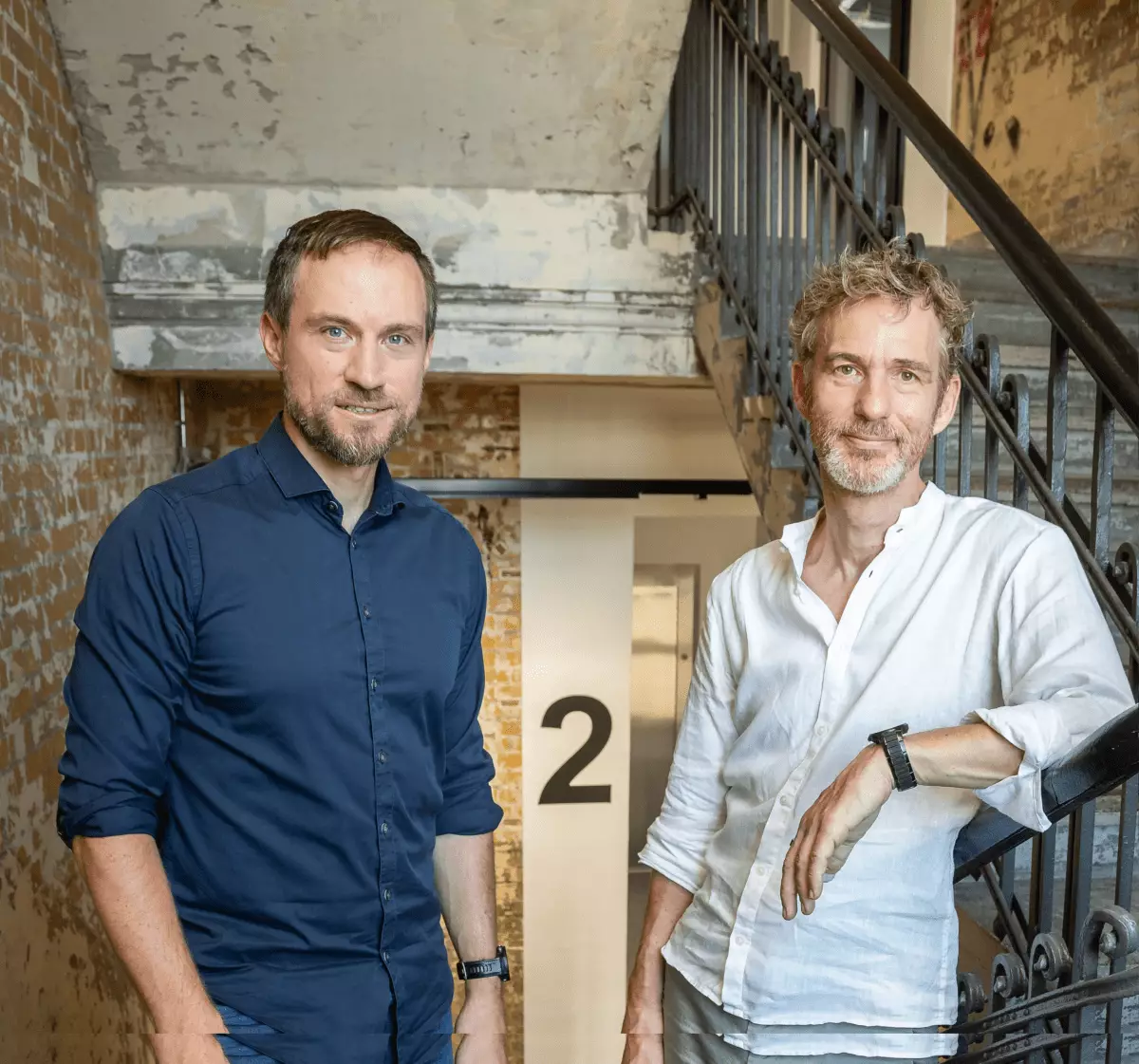In a significant shift for Babbel, the leading Berlin-based language learning platform, Arne Schepker has announced his departure as CEO, a role he has occupied for nearly five years. This decision comes at a critical juncture for the company, which has seen substantial growth during his tenure, with revenues skyrocketing to approximately $300 million. Rather than filling the vacancy immediately, Babbel’s co-founder and former CEO, Markus Witte, will step back in as executive chairman and managing director. This strategic change indicates an anticipated transition as the company prepares to embrace the burgeoning influence of artificial intelligence in its offerings.
Schepker’s reflection on his leadership experience reveals an honest and introspective assessment of his role. He articulated feeling unable to commit to the level he believed necessary for the role—a consistent 180 percent dedication. His decision not to extend his contract underscores an evolving understanding of leadership dynamics in a rapidly changing technological landscape. The desire for balance, including more personal time for family, also played a vital role in his decision to step away from the daily grind.
Throughout Schepker’s leadership, one of his proudest achievements was Babbel’s support for language learners during the pandemic, providing free resources to those in need, including Ukrainian refugees. This initiative highlights the company’s commitment not just to its business but to a broader societal mission—underscoring that language learning transcends mere economics. Despite the significant growth in revenue, it’s this human-centered approach to problem-solving that may ultimately define Schepker’s legacy at Babbel.
However, the challenges of maintaining innovation while scaling a company exponentially are evident. Schepker expressed a sense of fatigue when confronted with routine tasks, such as budgeting and setting objectives. His feelings capture a common struggle faced by leaders of rapidly growing companies: how to stay engaged and inspired when day-to-day operations become mechanized. His candid acknowledgment of these hurdles offers a glimpse into the often-overlooked emotional labor of executive roles.
As Babbel moves forward, the integration of artificial intelligence into its educational framework is a focal point. Markus Witte emphasized that while the company has utilized machine learning in developing its products, it has not positioned itself explicitly as an AI-focused enterprise. This admission is telling; it suggests a strong commitment to human-centric teaching methodologies, which differentiate Babbel from competitors like Duolingo.
However, Witte recognizes the need for agility in strategy, particularly as the pace of technological advancement shows no signs of slowing. The uncertainty surrounding the future capabilities of large language models introduces a layer of complexity that requires companies to remain flexible. Witte’s approach, rooted in his role as a founder and major shareholder, may allow him to navigate uncharted waters effectively—potentially allowing for greater risk-taking in strategy as they adapt to the evolving digital landscape.
At the core of Babbel’s mission remains the human aspect of language acquisition. Both Schepker and Witte resonate with the understanding that effective language learning is fundamentally about establishing connections—as simple yet profound as conversing with a loved one. This principle fortifies the design and development of Babbel’s offerings, aiming to create a more personalized and engaging educational experience.
Witte articulates a vision for harnessing Babbel’s deep reservoir of didactic knowledge and user data alongside emerging technologies to cultivate a language learning experience that is tailored to individual user journeys. By addressing the ongoing challenges of language acquisition and making the process more intuitive and enjoyable, the company aims to revolutionize how users engage with language learning.
As he reorients Babbel’s mission, Witte seeks to cultivate an environment rich in “moments of delight” for both employees and users. This approach signals a shift towards celebrating small victories and fostering an atmosphere where creativity thrives. By prioritizing user experience and employee satisfaction, Witte aims to create a platform that resonates on a personal level while navigating the intricacies of the modern technological landscape.
The leadership transition at Babbel encapsulates not only a change in personnel but also a pivotal moment in the evolution of language education. As the company embraces AI and continues to focus on its foundational mission, the future of language learning seems poised for transformation. With an emphasis on human connection, adaptability, and innovative technology, Babbel is set to redefine how we learn languages in the digital age.


Leave a Reply